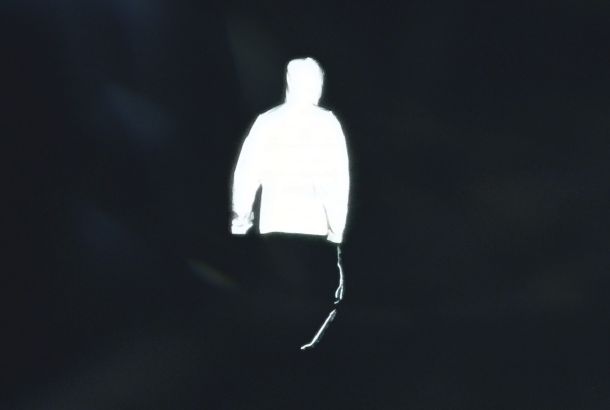Record reappraisal: J Dilla – Donuts
Released February 2006 via Stones Throw Records
Forgive the present writer for mentioning David Bowie’s death yet again—coming to terms with it hasn’t been easy—but the circumstances surrounding his poignant farewell (accomplished on his final album Blackstar) are particularly noteworthy. Bowie knew he might not live to record another album. That same profound sense of mortality imbues Donuts, the ninth album by James Dewitt Yancey, otherwise known as J Dilla. Like Bowie, Yancey was battling a grave illness during production: he was terminally ill with the blood disease TTP, and lupus. (Incidentally, both men released their last albums on their birthdays.)
And yet, Donuts is triumphant and incredibly life-affirming; both Yancey’s masterpiece and an immensely nostalgic love letter to music. It distils an overlooked era in the history of African-American music into just thirty-one tracks: that fairly underwritten period in the ’70s that birthed the Philadelphia Sound, vocal groups like the Moments and the Dramatics, and the iconic TV show Soul Train. Quite a lofty claim, but it isn’t without justification. ‘Stop’ beautifully mangles the wistful strings of an old Dionne Warwick tune into something strange and heartfelt. The unusual, seesawing time signature on ‘Bye.’ contorts the Isley Brothers’ wafting R&B. ‘Airworks’ gets its groove from strutting funk courtesy of Stax session guitarist L.V. Johnson. The shrieking siren on ‘Gobstopper’ (an unmistakable Dilla staple that resurfaces throughout the record) opens to soul-indebted brass fanfare.
All these styles and sounds short-circuit as the cut-and-splice antics of hip-hop take over. However, it isn’t self-indulgent retro-fetishism. It’s fresh, inspired and experimental, like the warped, garbled stride of ‘The Factory’. Yancey’s choice of source material wasn’t always funky or even fashionable. ‘Anti-American Graffiti’ features an unlikely sample from obscure Australian pop rock outfit Tin Tin, whose debut was produced by sometime Bee Gee Maurice Gibb.
Donuts’ celebratory finish comes in the form of ‘Welcome to the Show’—both jubilant and desperately sad—before it cuts off into the album’s first track: a glorious, self-referential infinity loop of a closer. As many posthumous compilations have shown, Yancey was quite the nonpareil genius. Who else would sample the opening three seconds of Sly & the Family Stone’s ‘(You Caught Me) Smilin’ for use as an atmospheric, skeletal beat, or crib from Pharaoh Sander’s ‘Upper Egypt & Lower Egypt’, changing its pitch and burying it beneath handclaps and vinyl crackle? A nonpareil genius, that’s who.







